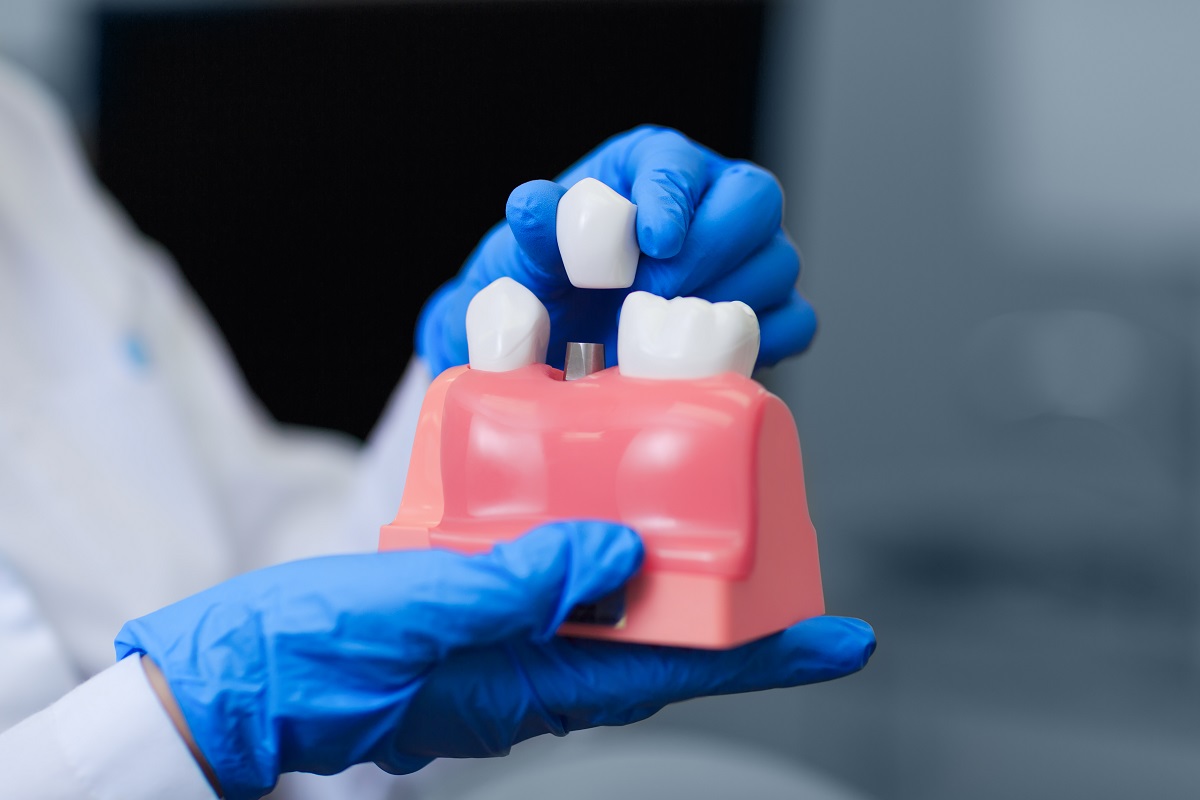A mouth trauma might have left you with significantly fewer teeth than you did before. Thankfully, you won’t have to continue life minus half of your pearly whites, thanks to various methods of restoration.
So what are your options then? Dentures and bridges have been around for longer, having replaced people’s smiles for ages. However, neither of them are flawless. Faulty dentures are sometimes inconvenient for the wearer, while traditional bridges can be invasive.
Dental Implants in Melbourne boast a definitive list of impressive features. Most notably, implants are highly functional, extremely reliable, and don’t require support from neighbouring teeth to stay in place.
How do multiple implants work?
People with severe teeth loss are turning to multiple dental implants or implant-supported bridges to restore their smiles.
In a nutshell, this device replaces your teeth at the root using metal screws, rather than relying heavily on adjacent natural teeth. A single implant can hold a couple of crowns simultaneously.
How implants work is that they’re placed into your jaw using a dental drill, following which the treated site is sutured and left to heal.
Healing spans several months, whereby a natural phenomenon takes place called osseointegration. Osseointegration occurs when the body regards the metal not as a foreign object needing rejecting, but as an integral part of the mouth. As a result, surrounding tissue grows over the post, anchoring it into place.
During this time, you can opt for a temporary teeth replacement solution if you feel self-conscious about the gaps between your teeth.
Following this period, a necessary step two is to uncover the implants and attach extensions. These extensions form the basis which your new replacement crowns or bridges will be mounted.
What should I expect from dental implants?

Implants provide users with countless conveniences and benefits. In addition to its enhanced and natural-looking aesthetics, implants are functional. With implants, you aren’t limited in what you can eat, won’t have your speech impacted, and can maintain a healthier jaw bone.
A major downside of having removable dentures or conventional bridges is the genuine danger of bone resorption to occur. This condition occurs when your body tries to remove “unnecessary jawbone”, leading to the collapse of your jawbone and gums. Dentures can’t prevent resorption from taking place because the device is attached to the teeth instead of the jaw.
Because implants are technically artificial roots planted in bone, your previously brittle and under-exercised jaw is regenerated and restored.
Implants are long-lasting if they’re looked after adequately. Dentures may become faulty over time and bridges may collapse over time, especially if surrounding teeth get weak and porous.
Cleaning your new teeth doesn’t require complicated steps, nor having to purchase expensive agents or instruments. Brush your teeth as you usually would conscientiously and frequently. Neglecting your oral hygiene remains to be detrimental because even though the metal implant can’t rot or decay, the surrounding gums still can.
Am I a candidate?
Implants have a low failure rate, and that’s partially due to the strict health protocols in place. To be considered a viable candidate, you need to be healthy, possess enough jawbone for which to embed implants and not suffer from any significant conditions or diseases.
Your dentist will conduct a thorough examination to assess your viability.
Any surgical or invasive procedure carries risks. Before proceeding, you should seek a second opinion from an appropriately qualified health practitioner.

